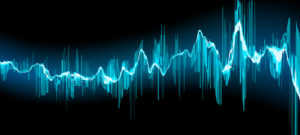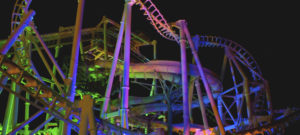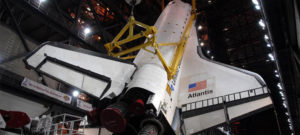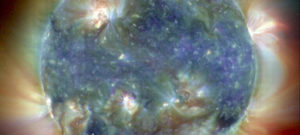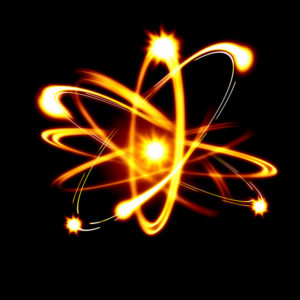These are the scientific concepts students learn, separated by grade level according to both the national standards for science and Aurora’s personal experience in working with kids for nearly two decades. The scientific concepts are organized into categories within each grade level. You’ll find some areas span more than one grade level, so you will see some experiments listed for multiple grade levels.
PRE-K & K
Material properties, introduction to forces and motion, plants and animals, and basic principles of earth science.
First Grade
States of matter, weather, sound energy, light waves, and experimenting with the scientific method.
Second Grade
Chemical reactions, polymers, rocks and minerals, genetic traits, plant and animal life cycles, and Earth's resources.
Third Grade
Newton's law of motion, celestial objects, telescopes, measure the climate of the Earth and discover the microscopic world of life.
Fourth Grade
Electricity and magnetism, circuits and robotics, rocks and minerals, and the many different forms of energy.
Fifth Grade
Chemical elements and molecules, animal and plant biological functions, heat transfer, weather, planetary and solar astronomy.
Sixth Grade
Heat transfer, convetion currents, ecosystems, meteorology, simple machines, and alternative energy.
Seventh Grade
Cells, genetics, DNA, kinetic and potential, thermal energy, light and lasers, and biological structures.
Eighth Grade
Acceleration, forces projectile motion chemical reactions, deep space astronomy, and the periodic table.
High School
Alternative energy, astrophysics, robotics, chemistry, electronics, physics and more. For high school & advanced 5-8th students.
Teaching Resources
Tips and tricks to getting the science education results you want most for your students.
Science Fair Projects
Hovercraft, Light Speed, Fruit Batteries, Crystal Radios, R.O.V Underwater Robots and more!





